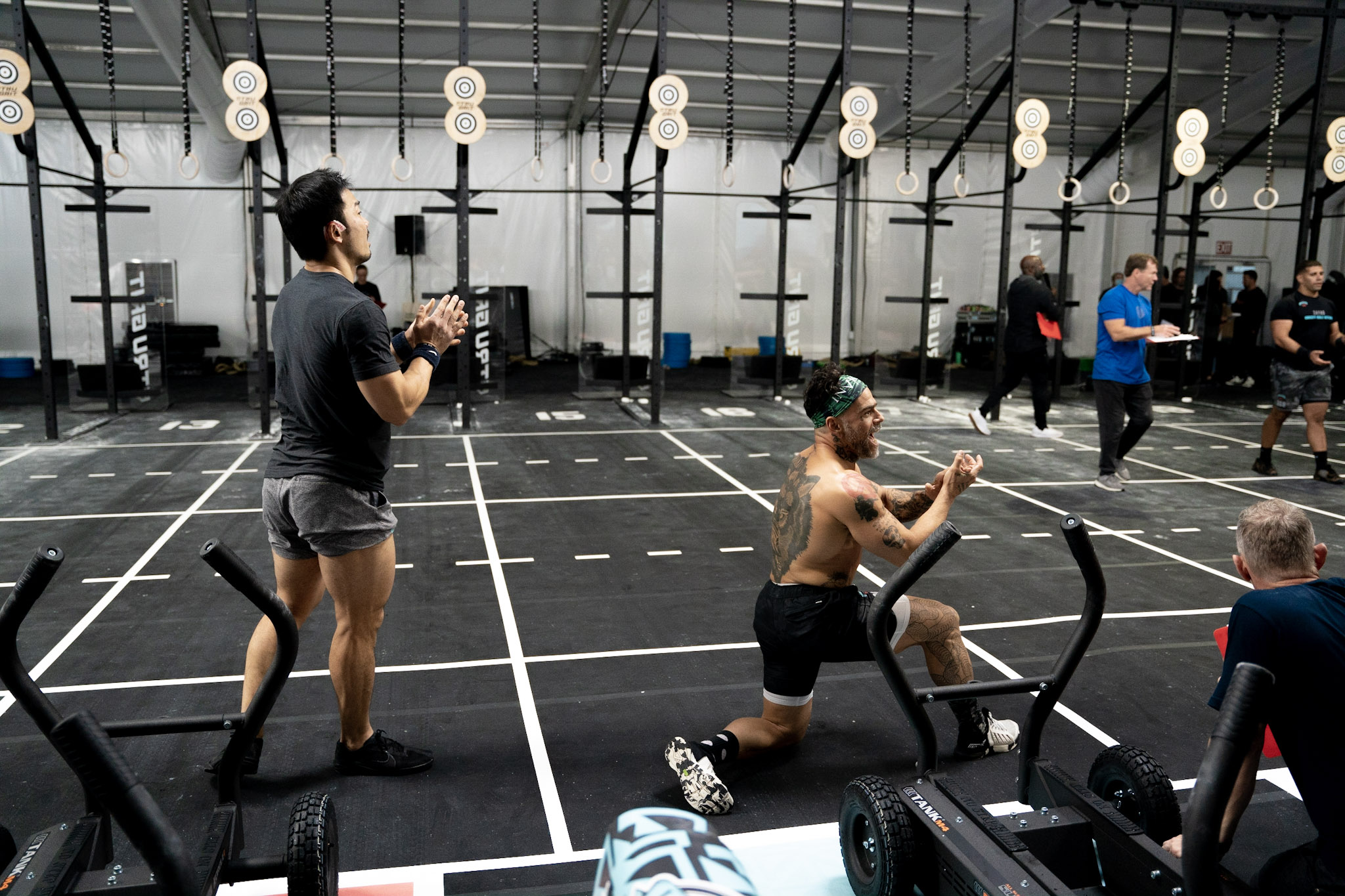
Increasing Our Capacity for Meaning via Workouts
Written by Kirsten Ahrendt
I want to share with you my favorite recent media piece. It’s an interview with psychologist Paul Bloom discussing his new book, “The Sweet Spot”. In this interview he ponders the question, “Can we live a good life without suffering?” Listen to it here. Or read an excerpt here. It’s worth it.
In this interview, Bloom covers the distinct differences between happiness, satisfaction, and (hedonistic) pleasure – terms which often get used interchangeably in everyday discourse, but have important differences.
Bloom likes to distinguish between 2 types of happiness – or perhaps better referred to as “pleasure” and “satisfaction”. His idea, along with many philosophers, is to maximize both. He notes, “nobody is indifferent to pleasure, and nobody should be, that seems like madness. But we also want to maximize satisfaction [fulfillment].” The primary question then returns – can we live a good life without suffering?
Bloom is quick to differentiate between chosen suffering (hardships we choose) VS unavoidable suffering (hardships that befall us, like a chronic illness, etc). To be clear, suffering that we do not choose, such as trauma, illness, loss, etc. – is not what he’s advocating for. Rather, the things we choose that are hard, difficult, or come with “bumpy paths” may not correlate to immediate happiness in the moment, but in a macro view, they may contribute to filling one’s life with a magnitude of meaning that would be otherwise unattainable. Examples of such events include having children, pursuing a lofty physical endeavor, or falling in love.
How is this relevant to health?
Because as a professional coach, I like to think that the physical time and effort that you put in at the gym is about much more than your body composition, your muscle mass, or dead-sexiness. Some of those things may make you “happy” but in themselves are not very fulfilling (although it could be argued that a healthier body may live longer which could contribute to more time finding meaning and purpose…I digress). But if we dig deeper, and if you know me, I do – I believe our time in the gym CAN BE about increasing our capacity for MEANING. If we are unable to withstand even the smallest amount of “suffering”, do we consequently dampen our capacity to fill up on meaning in other realms of our life? Can fitness be a vehicle for self-exploration, expansion, lessons learned about ourselves that have nothing to do with physical ability? Can that growth correlate to an increased capacity for meaning via a higher tolerance for “suffering” or difficult things?
I think so. And to bring this full circle…I think it’s kind of like taking the red pill in the matrix. Exercise can be about more than the lunges, the pull-ups, the sweat. If you unplug and tune in (to yourself) it can be much more meaningful…even if it is hard and at times there are some “suffering” or moments that you might not categorize as “happy” because they are difficult, or even frustrating.
What do you think? About the matrix, the red pill, Paul Bloom’s podcast, or anything else I mentioned. I always appreciate your feedback & discourse!